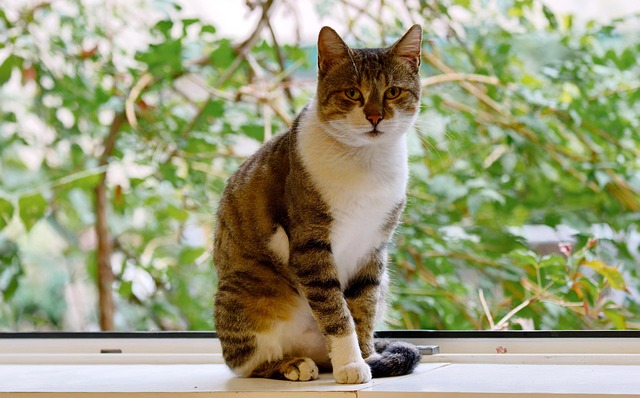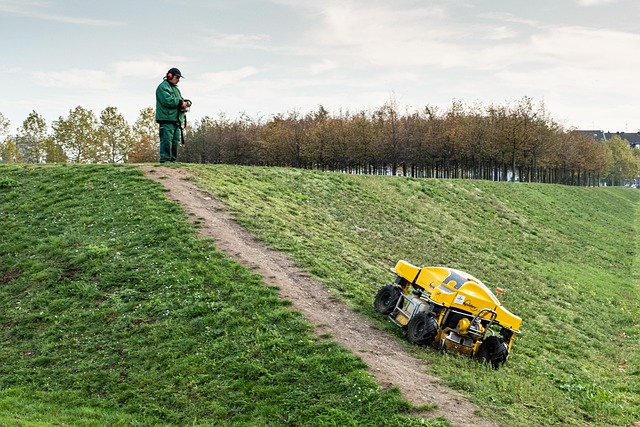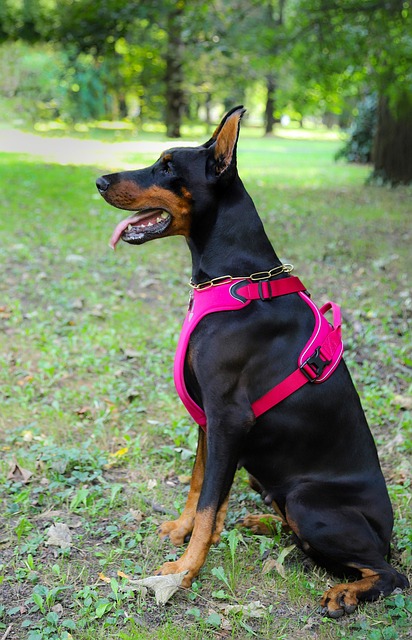Pet sitting and dog walking services are vital for animal welfare, offering more than basic care. Skilled pet sitters act as temporary guardians, providing exercise, mental stimulation, and emotional support through play and activities tailored to each pet's needs (age, species, temperament). They handle administrative tasks like medication administration, adapt to individual preferences, spot signs of illness, and provide rudimentary veterinary care during emergencies. Effective communication ensures owners stay updated on their pets' behavior and well-being while they're away, balancing responsibility, compassion, and engagement in these services.
Need a reliable hand to keep your furry friends happy while you’re away? Fun-loving pet sitters are in high demand! This article delves into the world of pet sitting, exploring its multifaceted role beyond dog walking. We’ll guide you through understanding key responsibilities, skills, and the positive impact on animal welfare. Learn essential hiring tips for finding the perfect match and discover strategies to create a safe, happy environment for your beloved pets. Boost your peace of mind with these insights into pet sitting and dog walking.
The Role of a Pet Sitter: More Than Just Dog Walking

Being a pet sitter goes far beyond just dog walking—it’s about providing comprehensive care for your furry friends when their owners can’t be there. Pet sitters step into the role of temporary guardians, ensuring pets receive not only physical exercise through regular walks but also emotional and mental stimulation. This includes playing interactive games, engaging in creative activities, and offering companionship to alleviate loneliness.
In addition to these responsibilities, pet sitters are often tasked with administering medication, providing specialized dietary requirements, and even performing basic grooming tasks like brushing or bathing. They may also need to make crucial decisions regarding veterinary care if an animal becomes sick or injured during their absence. This multifaceted role demands a deep understanding of different animal behaviors, as well as the ability to adapt quickly to each pet’s unique needs and preferences.
– Understanding the responsibilities and skills required for pet sitting

Pet sitting is more than just feeding animals and letting them out for a walk; it’s a rewarding role that requires a unique set of skills. Effective pet sitters must be capable of understanding and responding to an animal’s needs, which vary greatly depending on their species, age, and temperament. They need to be comfortable with administering medication, recognizing signs of illness, and providing basic veterinary care in emergencies.
Additionally, responsible pet sitters should have the energy and enthusiasm for engaging in regular dog walking and playtime activities. Dog walking is a significant component of pet sitting, ensuring that furry friends get enough exercise and mental stimulation to stay happy and healthy. Moreover, effective communication skills are essential; pet owners rely on sitters to keep them updated on their pets’ behaviour and well-being during their absence.
– The impact of dedicated pet sitters on animal welfare

Pet sitting and dog walking services play a pivotal role in enhancing animal welfare, especially for pet owners who need reliable care when they’re away. Dedicated pet sitters offer more than just feeding and watering; they provide companionship, emotional support, and regular exercise, which are crucial for an animal’s overall well-being. Regular interaction with pets by these professionals helps alleviate feelings of loneliness and anxiety, promoting mental health in much the same way as human social connections do.
Moreover, pet sitters often have a keen understanding of different breeds’ specific needs, including those of senior dogs or puppies. They can adapt their care routines to accommodate special diets, medications, or behavioral issues, ensuring each animal receives personalized attention tailored to its unique requirements. This level of individualized care significantly contributes to the physical and mental health of pets in their care.
Pet sitting is not just about dog walking; it’s a vital role that significantly contributes to animal welfare. By embracing this fun-loving opportunity, you become an essential part of your pet’s life, ensuring their happiness and health while their owners are away. So, if you’re passionate about animals and enjoy their company, consider becoming a pet sitter and make a positive difference in the lives of furry friends.














